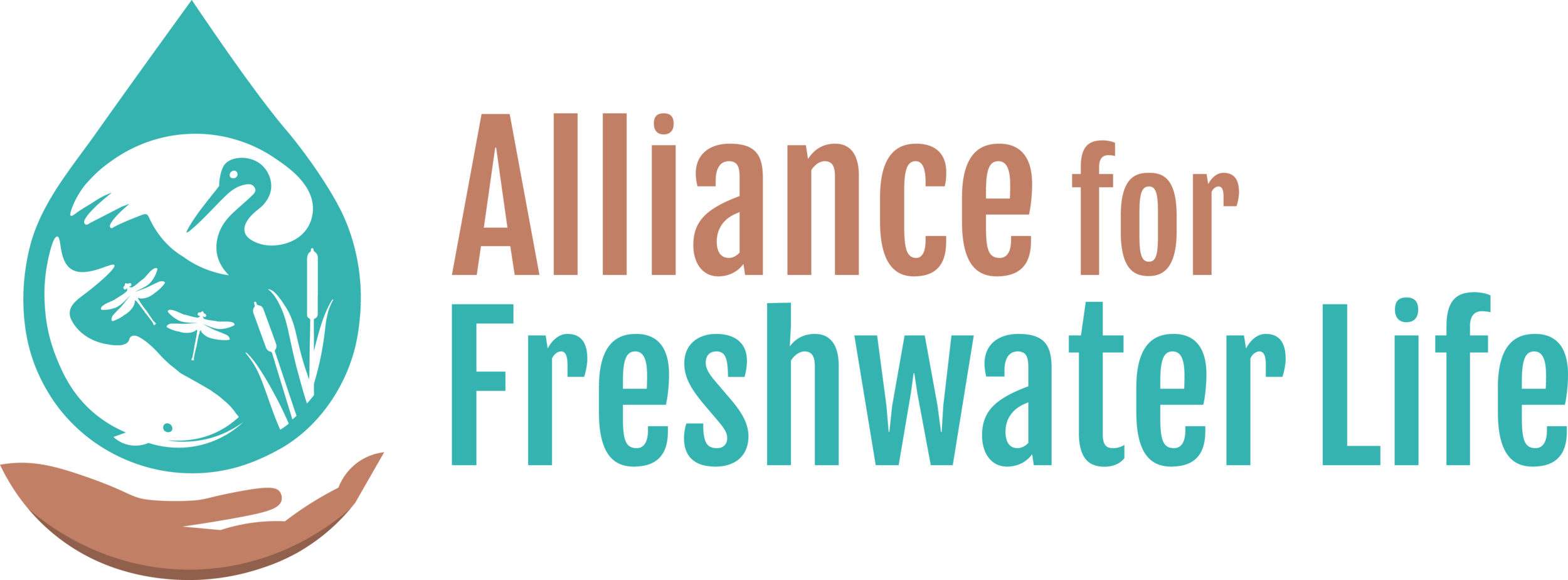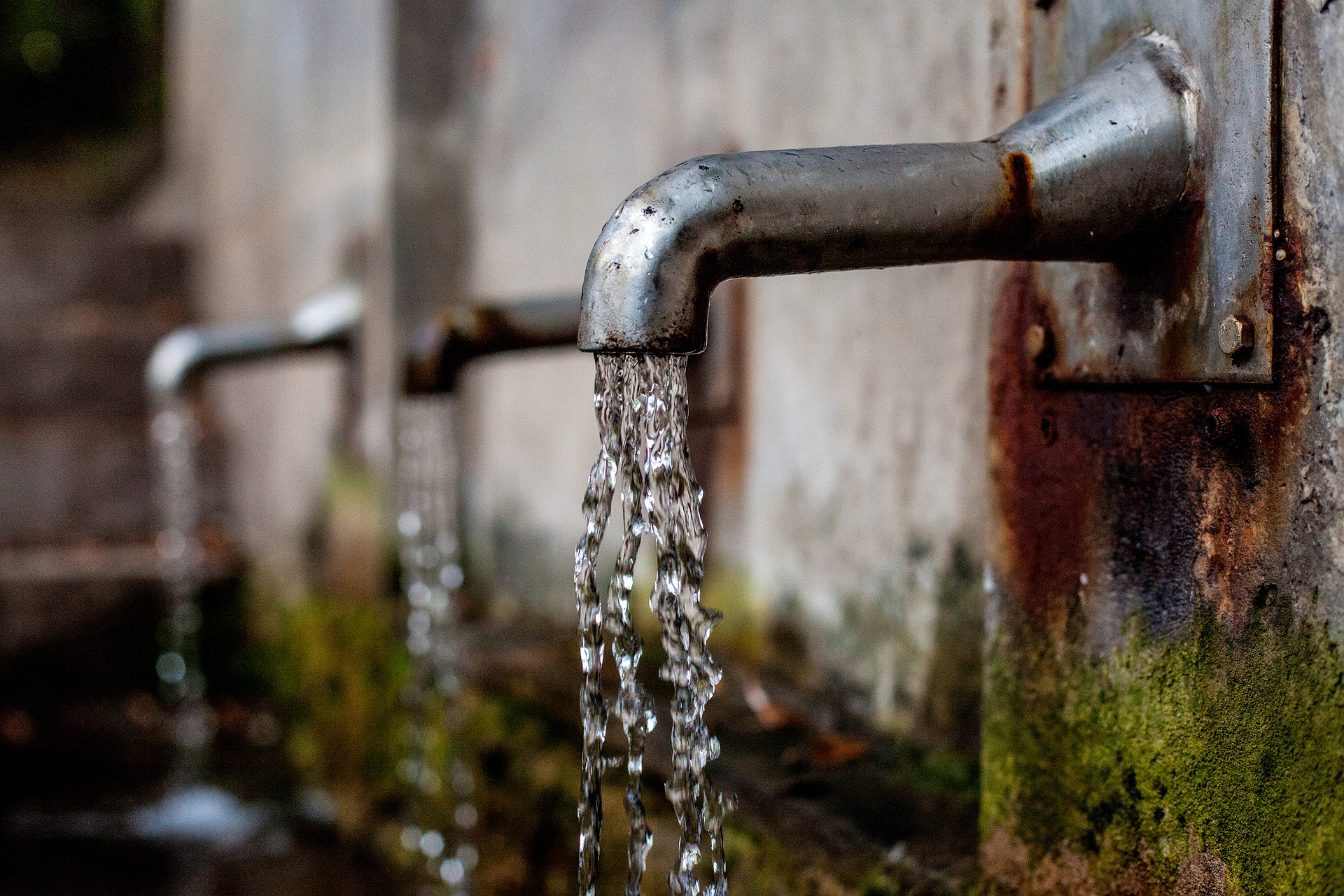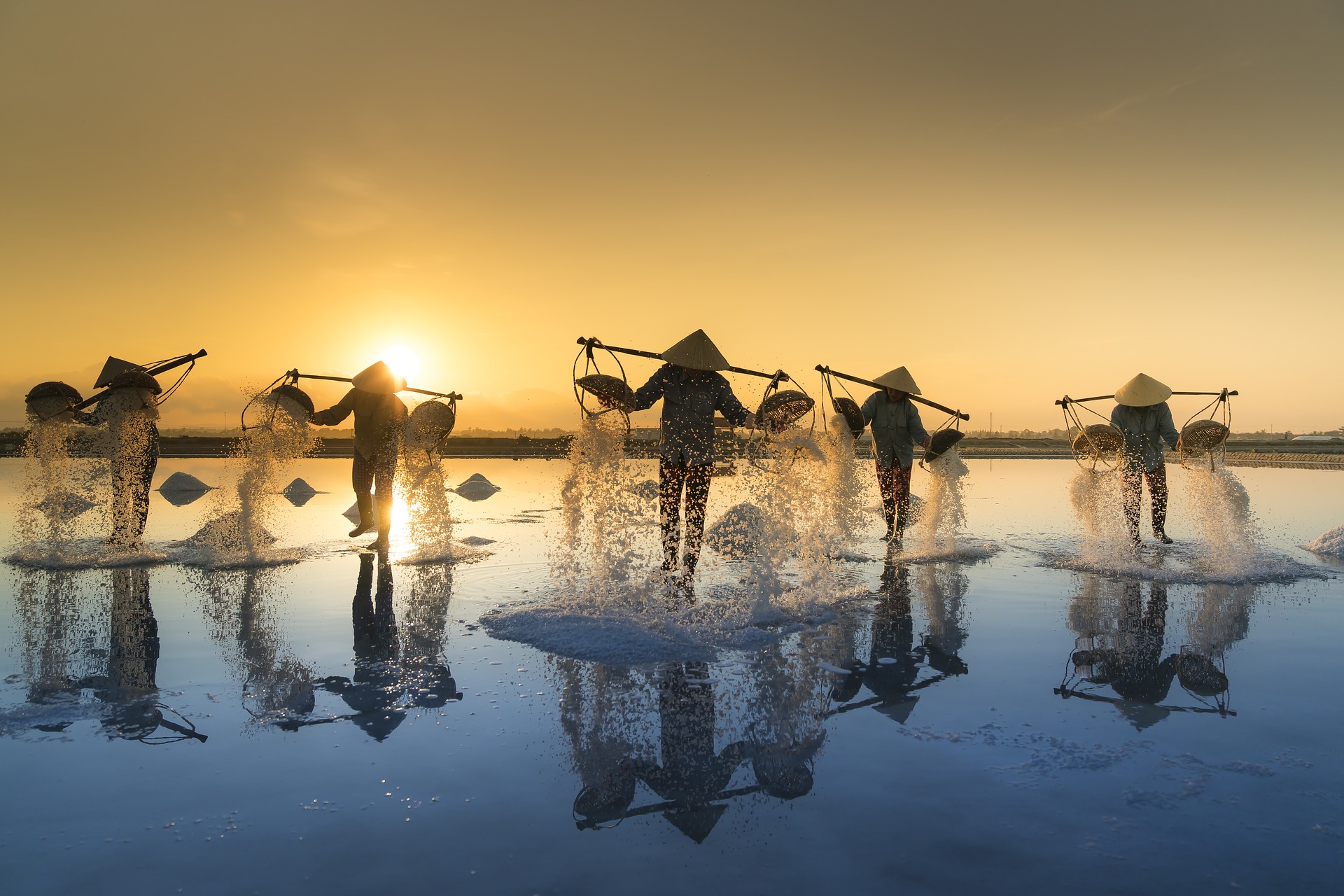POLICY
We engage with policy makers and provide the scientific evidence needed to make informed decisions related to the conservation of freshwater biodiversity.
BACKGROUND
Environmental policies rarely include specific targets to benefit freshwater biodiversity. Where there are specific policies for the management of freshwater systems, the focus is primarily on the management of water resources for people, with little consideration to ensure ecological functions are maintained and freshwater species are conserved (Harrison et al., 2016).
Safeguarding freshwater ecosystems often comes second to other development priorities that are viewed as being more directly linked to human well being, such as provision of drinking water, energy, and food.
The result is the unnecessary and often inadvertent sacrifice of freshwater life as collateral damage in global development, which can lead to the destruction of the very ecosystems required to support these same objectives.
Even major regional and legally binding policy initiatives such as the EU Water Framework Directive, which uses biological structure of water bodies to assess quality targets, does not include the conservation of ecosystems per se within its implementation cycles (Voulvoulis et al., 2017).
There are a number of international agreements to conserve and support the sustainable use of freshwater species and ecosystems.
However, international efforts thus far lack specific actions and goals for conserving freshwater ecosystems and species, and their genetic and functional diversity. As a result, they have had little success in slowing their decline (Convention on Biological Diversity, 2014).
We need to engage with policy-makers to build awareness for the importance of freshwater species and ecosystems, helping ensure politicians develop and implement policies and targets benefiting freshwater biodiversity.
Our objective is to place freshwater biodiversity as a central component of public and private decision making, rather than peripheral to it. This will be achieved by combining and integrating the expertise of globally focused conservation organizations with that of the world’s outstanding scientific research and educational institutions.
Our objective is to place freshwater biodiversity as a central component of public and private decision making, rather than peripheral to it.
What we're doing to make a difference
Engage with policy makers
The Alliance will address the freshwater biodiversity and conservation policy gap through its work to build awareness for the importance of freshwater species and ecosystems, helping ensure policy, and politicians, develop and implement policies and targets benefiting freshwater biodiversity. The Alliance will then engage with policy makers as new policies are developed and implemented to facilitate the input of science to the policy arena.
Identify conservation priorities
Priorities for freshwater biodiversity will be highlighted for greater attention within major global instruments such as CBD, the Convention on the Conservation of Migratory Species of Wild Animals (CMS), the Ramsar Convention, Convention Concerning the Protection of World Cultural and Natural Heritage, CITES (the Convention on International Trade in Endangered Species of Wild Fauna and Flora), and IPBES.
Facilitate science-policy collaborations
Ultimately the Alliance aims to facilitate science-policy meetings at the national, regional and global scales, bringing together scientists, policy makers, conservationists, funding bodies and campaigners. Where existing policies already exist, such as the SDGs or the water-related Nationally Determined Contributions (NDCs) that are part of countries’ post-2020 climate actions, the Alliance will bring expertise to help ensure the relevant scientific knowledge is made available to better inform implementation and to highlight the importance of functioning freshwater ecosystems for fulfilment of other related SDGs, such as for poverty alleviation.
You can help.
Are you engaged in policy decisions related to the environment or freshwater ecosystems? Become a member today and help us expand our efforts for more sustainable policies and practices.
References Cited
Convention on Biological Diversity, 2014. Global Biodiversity Outlook 4. Secretariat of the Convention on Biological Diversity, 25, 155.
Harrison et al., 2016. Protected areas and freshwater provisioning: a global assessment of freshwater provision, threats and management strategies to support human water security. Aquatic Conserv: Mar. Freshw. Ecosyst. 26 (Suppl. 1): 103–120.
Voulvoulis et al., 2017. The EU Water Framework Directive: From great expectations to problems with implementation. Science of the Total Environment, 575, 358- 366.




